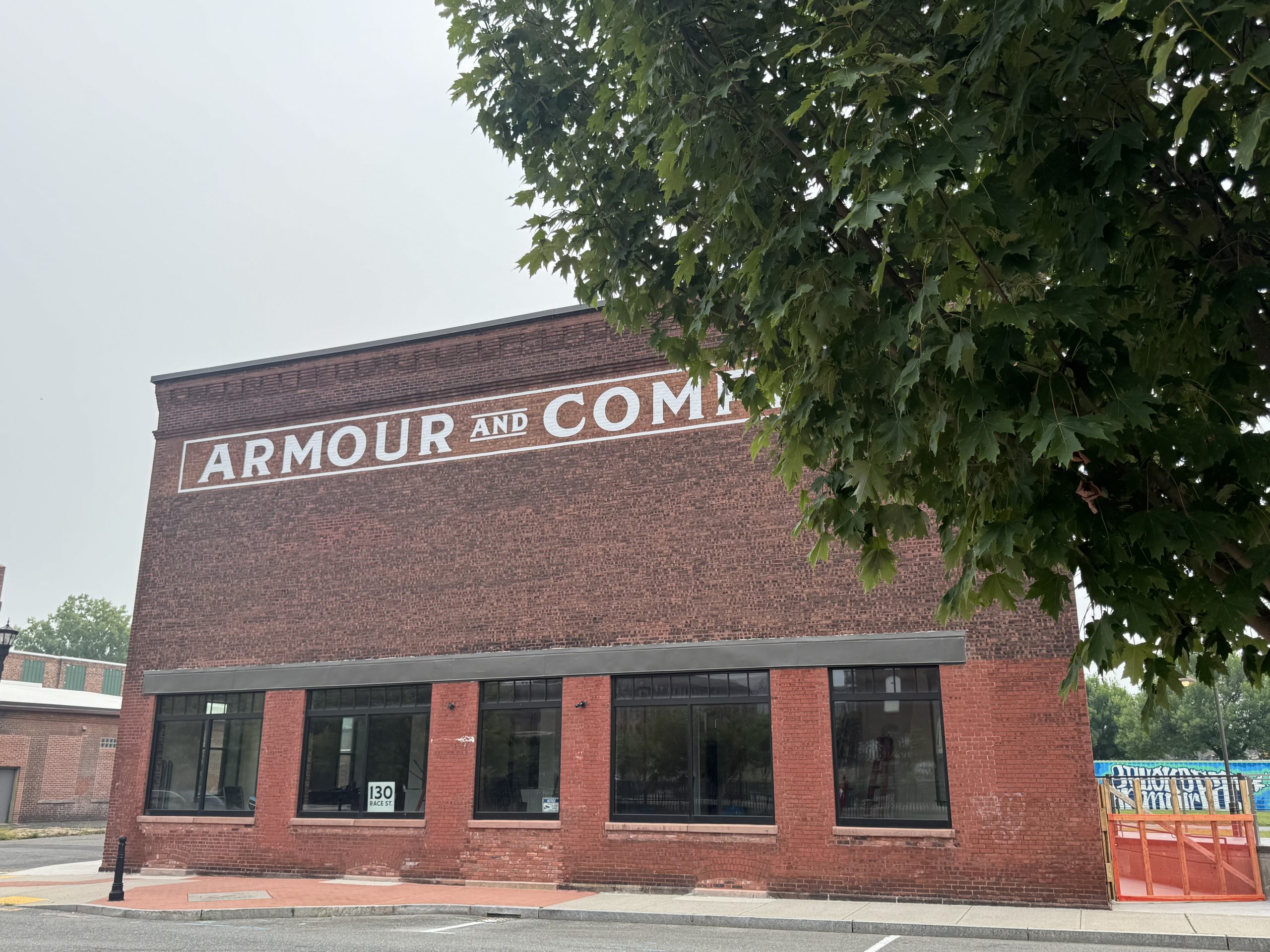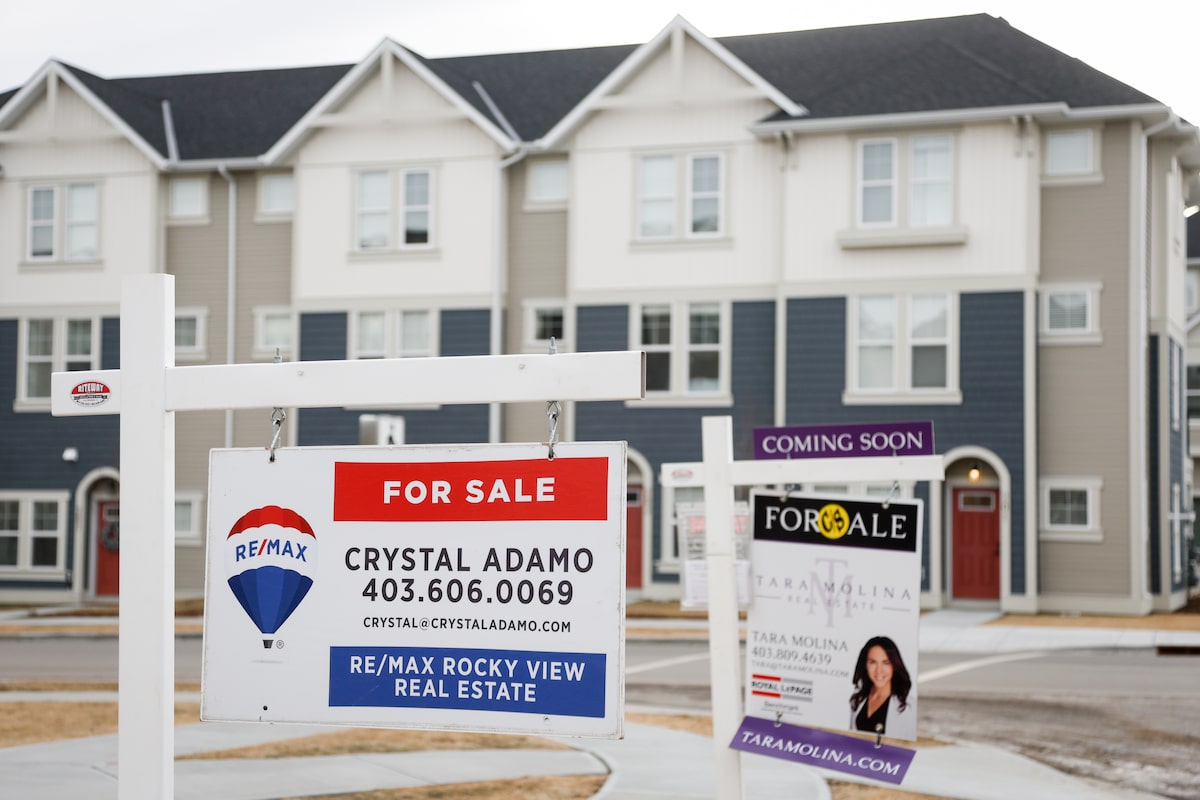T
he Luzuriaga brothers, Marco and Denis, are restoring an old meat-packing building in Holyoke's downtown area into a new restaurant and coworking office space. This project is crucial for the city's revitalization efforts, but it will face increased costs due to President Trump's 50% tariff on steel and aluminum imports.
The Luzuriagas' small-scale project will only incur an additional $5,000 in costs due to the tariffs, but larger projects could be halted altogether. Housing and real estate developers are feeling the effects of the tariffs, which market experts say will hike already-elevated production costs. The uncertainty surrounding federal tariff policies is making it challenging for developers to factor material costs into their project plans.
In Massachusetts' Gateway Cities, where half of all renters spend more than 30% of their income on rent and housing production is struggling to meet demand, increasing construction material costs threatens the already tenuous housing market. High interest rates, land prices, and a shortage of construction workers have strained developers' budgets in recent years.
Material prices are still 40% higher than before the pandemic, according to the Producer Price Index. Tariffs are taxes on foreign goods and shipments, paid by importers but usually passed on to consumers through price increases. Massachusetts imports goods from Canada more than any other country, with steel and iron being top imports at $270 million annually.
The National Association of Home Builders estimates that tariffs on lumber and construction materials could raise the average cost of a home by $9,200. Developers are struggling to plan budgets due to the uncertainty surrounding tariffs, which change frequently. Cassandra Witthaus, associate director of real estate at The Neighborhood Developers, said it's challenging to factor in unknown tariffs when planning projects.
The tariffs may also negate changes to the federal Low-Income Housing Tax Credit program, which helps finance affordable housing projects. Like others, Witthaus expected this change to help clear the LIHTC backlog created by rising costs, but ever-changing tariffs are increasing project expenses and making it hard to predict cost overruns.
Some developers, like Gordon Pulsifer of First Resource Development Company, are avoiding foreign imports and opting for American-made building materials, which are often more expensive. With construction costs on the rise, tariffs only add to the challenges faced by housing developers in Massachusetts' Gateway Cities.















